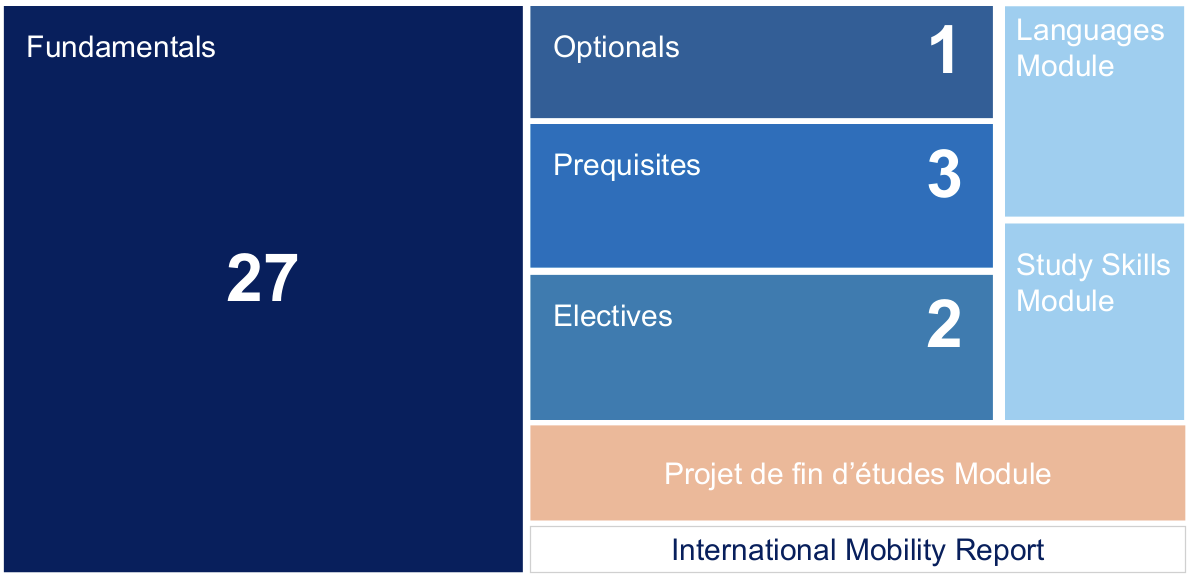Fil d'Ariane
Undergraduate Program in Applied Economics
The program offered in Applied Economics responds to a real need to train students to master modern tools and methods of economic analysis to use; them to contribute effectively to elaborate efficient public policies to ensure economic growth and development in Morocco, and other African countries.
The degree in Applied Economics provides students with solid foundations and theoretical and applied fundamentals in economics. It allows students to acquire modern quantitative and qualitative methods and tools allowing them to conduct studies adapted to the different situations, at different levels and scales of economic analysis.
La licence en Économie appliquée vise à doter les étudiants des compétences aujourd’hui reconnues comme fondamentales en économie dans les programmes académiques internationaux – notamment en matière de maîtrise des méthodes quantitatives, tout en leur donnant des outils permettant de mettre en pratique les modèles théoriques et de formuler des politiques publiques adaptées à leurs contextes.
- Next intake September 25
- Deadline to apply March 2025
- Language of instruction English & French
- Duration 3 years
- ECTS 180
Why choose our program ?
Practical Training for Africa's Economic Challenges
This program stands out by emphasizing hands-on skills in economic analysis tailored to real-world issues in Morocco and Africa. It uniquely combines rigorous theoretical knowledge with modern tools, preparing students to address complex policy challenges.
Career Opportunities
Job opportunities offered by this program are multiple and concern both the private and public sectors, as well as the sector of non-profit and non-governmental organizations. These include jobs related to the mobilization and use of economic data, analysis of the behavior of economic agents, analysis of economic sectors within national and international markets and analysis of the impacts and externalities of decisions made by governments.
International Mobility
At FGSES, we prioritize global engagement by offering exchange programs starting in the third year, allowing students to spend a semester abroad at one of our partner universities worldwide. These opportunities enrich students' academic experiences and provide valuable advantages for their future careers.
A word from our students
Courses & Program structure
Program Structure
Program Coordinator
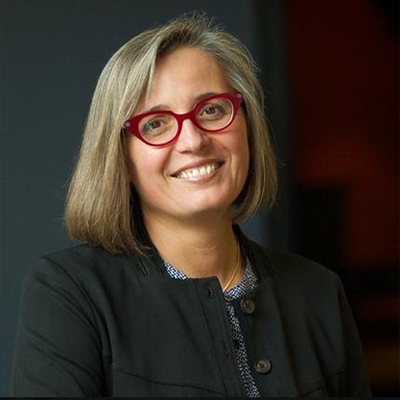
Professors

Jean Louis
Arcand
Economics

Mehdi
Bartal
Economics
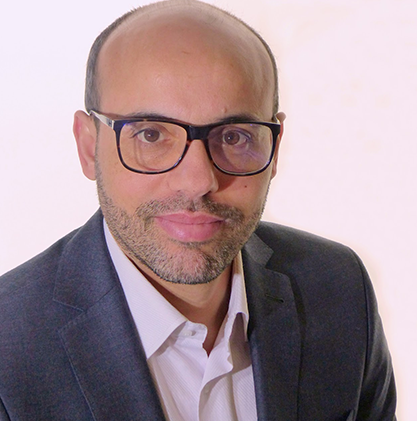
Mostapha
Diss
Economics
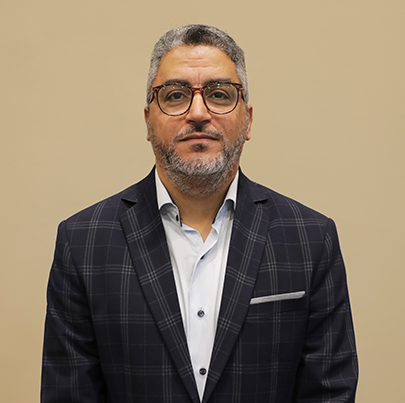
Yassine
EL QALLI
Data Science
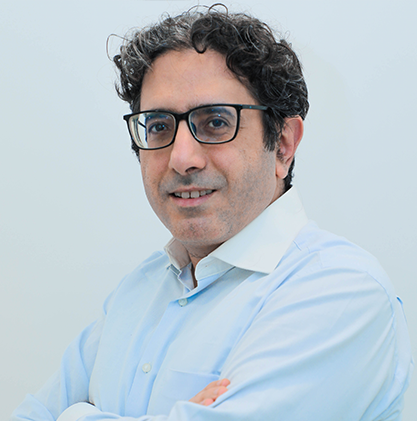
Faiçal
HOSSAINI
Economics
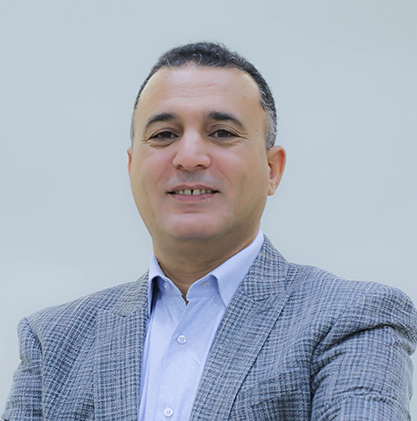
Abdelkabir
KAMILI
Economics

Emmanuel
Kemel
Economics

Nicolas
Porot
Behavioral and Social Sciences

Fayçal
SINACEUR
Economics
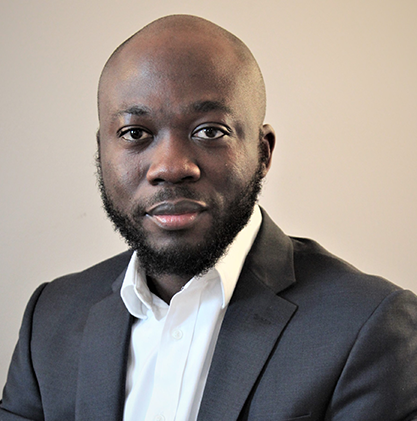
Emmanuel
TSYAWO
Economics

Mostapha
Diss
Economics

Abderrahim
Taamouti
Economics
Semester 1
- (ECO101) Introduction à l'Analyse Economique
- (HIS103) Le Monde : Une Histoire Moderne et Contemporaine
- (LAW101) Introduction à l'Etude du Droit
- (POL101) Introduction à la Science Politique
- (RES101) Méthodes d'Apprentissage Appliquées
- (DAT104) Statistiques Descriptives et Probabilités (Prerequisite and fundamental at the same time)
Semester 2
- (BEH102) Introduction to Behavioral Science
- (INT102) Introduction to International Relations
- (RES102) L’écriture à l’ère digitale
Semester 3
- (DAT203) Mathématiques et optimisation
- (ECO201) Microéconomie 1
- (ECO202) Macroéconomie 1
- (ECO203) Econometrics 1
- (ECO218) Comptabilité Nationale et Agrégats Macroéconomiques
- (RES201S) Composing an Undergraduate Thesi
Semester 4
- (ECO206) Microéconomie 2
- (ECO207) Macroeconomics 2
- (ECO208) Game Theory
- (EC210) Monnaie, Crédit, Banque
- (ECO211) Economie du Développement
- (ECO219) Economie Marocaine
Semester 5
- (ECO301) Macroéconomie 3
- (ECO303) Econometrics 2
- (ECO317) Économie Industrielle
- (ECO312) Behavioral Economics
Semester 6
- (ECO306) Méthodes Quantitatives et Expérimentales pour les Politiques Publiques
- (ECO307) Economics of Natural Resources and Environment
- (ECO308) Finance Publique
- (ECO309) International Trade
Semester 3
Semester 5
- (RES300) PFE / Thesis
Semester 6
- (RES300) PFE / Thesis
Language
Study
Semester 3
Semester 4
Semester 5
Semester 6
International Mobility Report
Semester 2
Semester 2
- (DAT105) Principes d'Inférence Statistique (Prerequisite)
- (DAT103) Analysis and Algebra (Prerequisite)
Find out more
Application for the 2025-2026 academic year are now open !
At Faculty of Governance, Economics, and Social Sciences, we offer tailor-made programs designed to help you become a future leader and achieve academic excellence.

